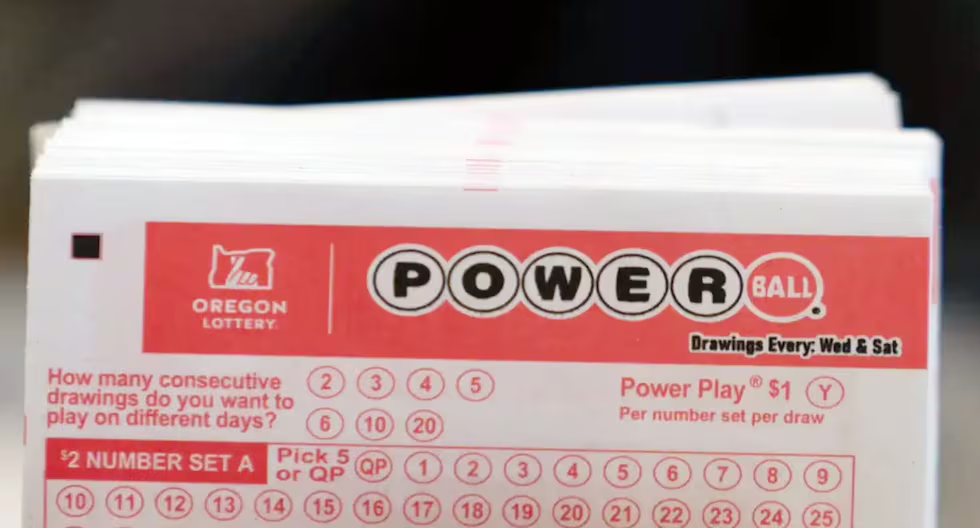In the world of sports betting, advice is everywhere. From social media groups to subscription services, bettors are constantly offered “picks” that promise to give them an edge. But not all sources of betting advice are created equal. Two terms you’ll often hear are tipster and tout. While they might sound similar, the difference between them is important for anyone who takes betting seriously.
A tipster is someone who shares predictions, usually based on analysis or personal opinion, without demanding direct payment for each pick. A tout, on the other hand, is someone who sells picks—often marketing them with bold claims of guaranteed profits. For new and experienced bettors alike, understanding this distinction can help you decide whose advice is worth following and when you should be cautious.
Also Read; NFL Week 3 injury report: Key absences, betting angles and fantasy impact
This article breaks down the differences between tipsters and touts, why it matters for bettors in the US, and how to protect yourself from misleading advice in the sports betting marketplace.
What is a tipster?
A tipster is usually an individual or a group who shares betting recommendations, often for free or as part of general content. They may post predictions on social media, blogs, or forums. Some tipsters run paid subscription models, but the emphasis is typically on sharing insights, analysis, or statistics rather than making sales pitches.
- Main feature: Provides advice, often without overpromising results.
- Motivation: Build reputation, attract followers, or create betting discussions.
- Risk for bettors: Not all tipsters are experts, so advice may still be unreliable.
What is a tout?
A tout is someone who sells betting picks for profit. Touts often advertise their services with aggressive marketing, promising winning percentages or “locks of the week.” Many touts operate on a pay-per-pick or subscription model, and some exaggerate their track record to attract customers.
- Main feature: Charges money for each pick or package.
- Motivation: Profit directly from bettors purchasing picks.
- Risk for bettors: May promote unrealistic expectations or falsify results.
Key differences between a tipster and a tout
| Aspect | Tipster | Tout |
|---|---|---|
| Cost | Often free, sometimes subscription-based | Almost always paid |
| Approach | Shares analysis, community-driven | Sells picks, marketing-heavy |
| Transparency | May show reasoning behind picks | Often hides methods, focuses on results |
| Risk | Advice may be hit or miss | Risk of overpaying for unreliable picks |
Why the distinction matters for US bettors
The US sports betting market is expanding rapidly, with more states legalizing wagering each year. This growth has also fueled a rise in betting content and pick-selling businesses. Knowing whether someone is a tipster or a tout can help you avoid scams and make smarter decisions.
Bettors should:
- Do their own research before placing wagers.
- Treat touts with caution, especially those promising guaranteed wins.
- Use tipsters as part of a broader strategy, not as the sole basis for bets.
Tipsters and touts both play roles in the betting ecosystem, but they operate differently. A tipster provides advice, sometimes free, sometimes paid, while a tout sells picks as a business. For US bettors, the key takeaway is simple: be cautious about who you trust, always check track records, and never rely solely on someone else’s picks to build your strategy.
Also Read: How live scores impact betting odds in real time
FAQs
1. Is it safe to follow tipsters?
Tipsters can be useful, especially those who share detailed analysis. However, you should always cross-check their advice with your own research.
2. Are touts always a scam?
Not necessarily. Some touts provide valuable insights, but many exaggerate results to attract paying customers. Transparency is key.
3. Can a bettor make money only by following tipsters or touts?
No. Long-term success in betting comes from bankroll management, understanding odds, and making informed decisions—not blindly following picks.
4. How do I know if someone is a tout?
If they charge per pick, sell “guaranteed winners,” or constantly advertise their record without proof, they’re likely a tout.
5. Should beginners use tipsters or touts?
Beginners should focus on learning betting basics first. Tipsters can provide ideas, but reliance on touts can be risky.








